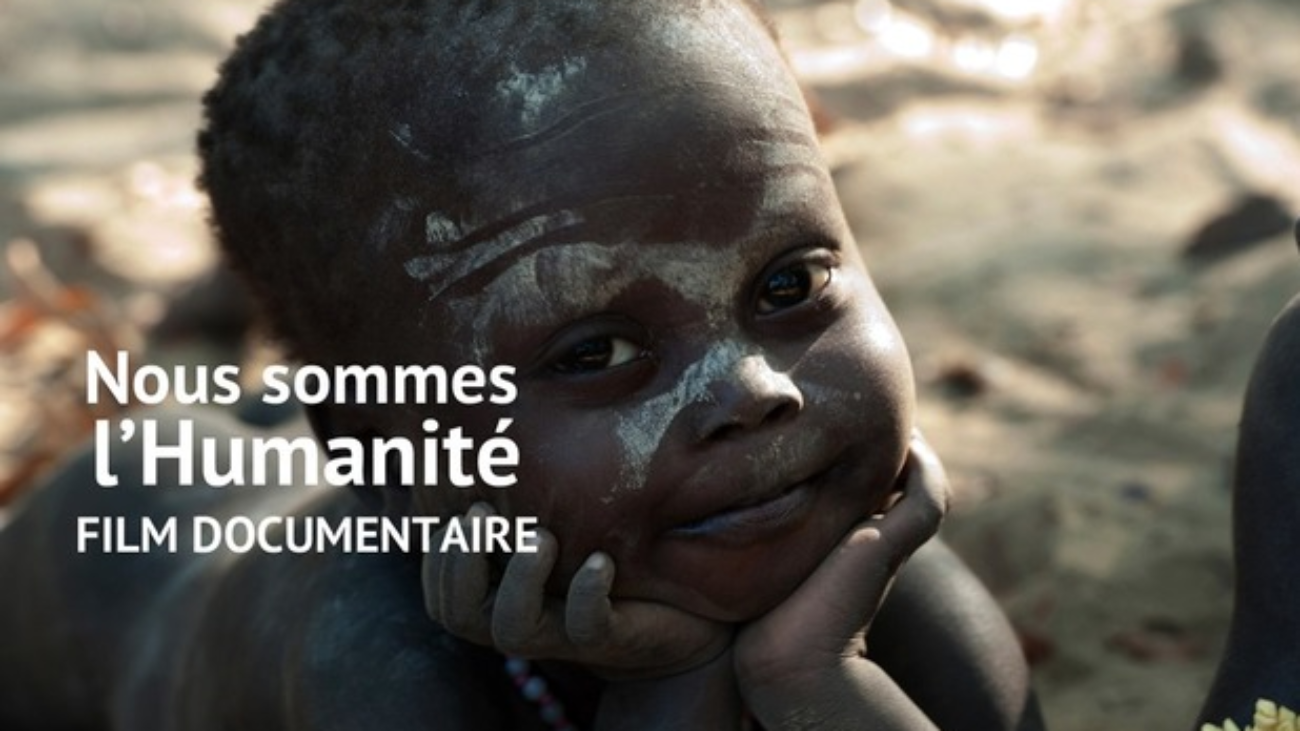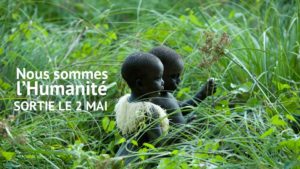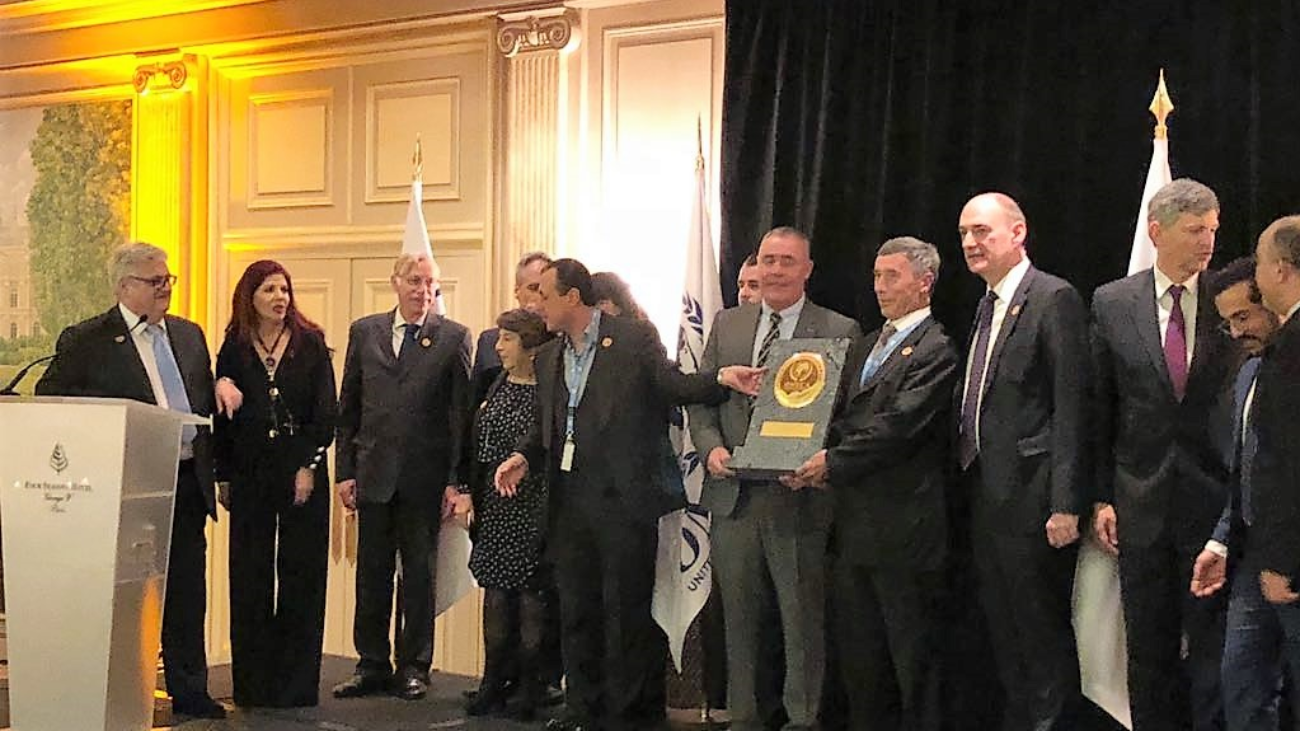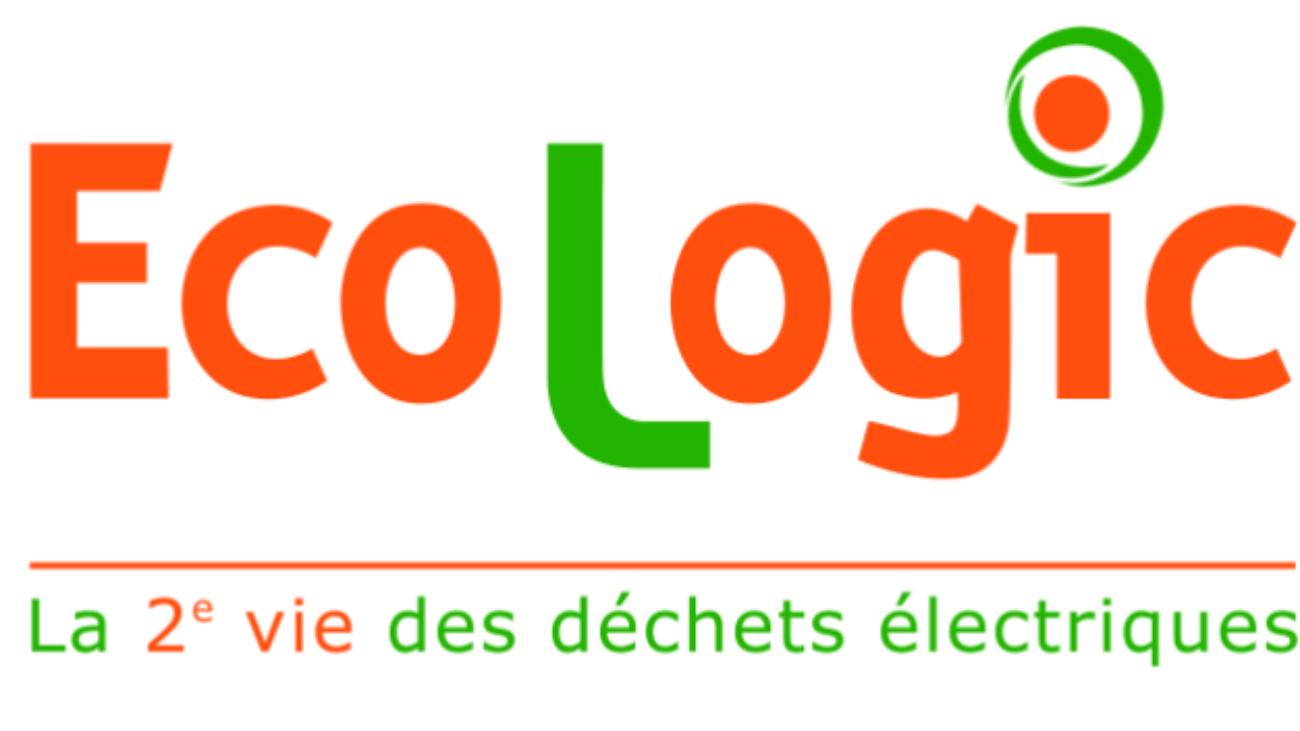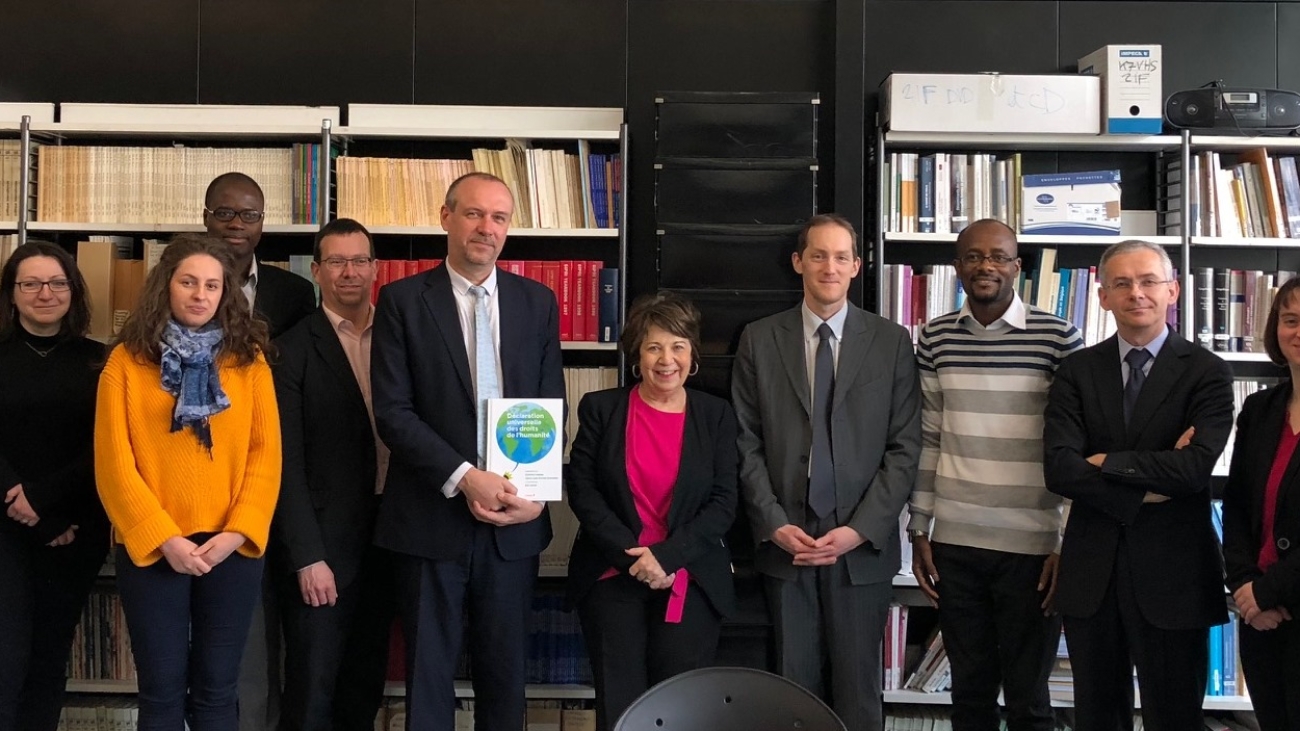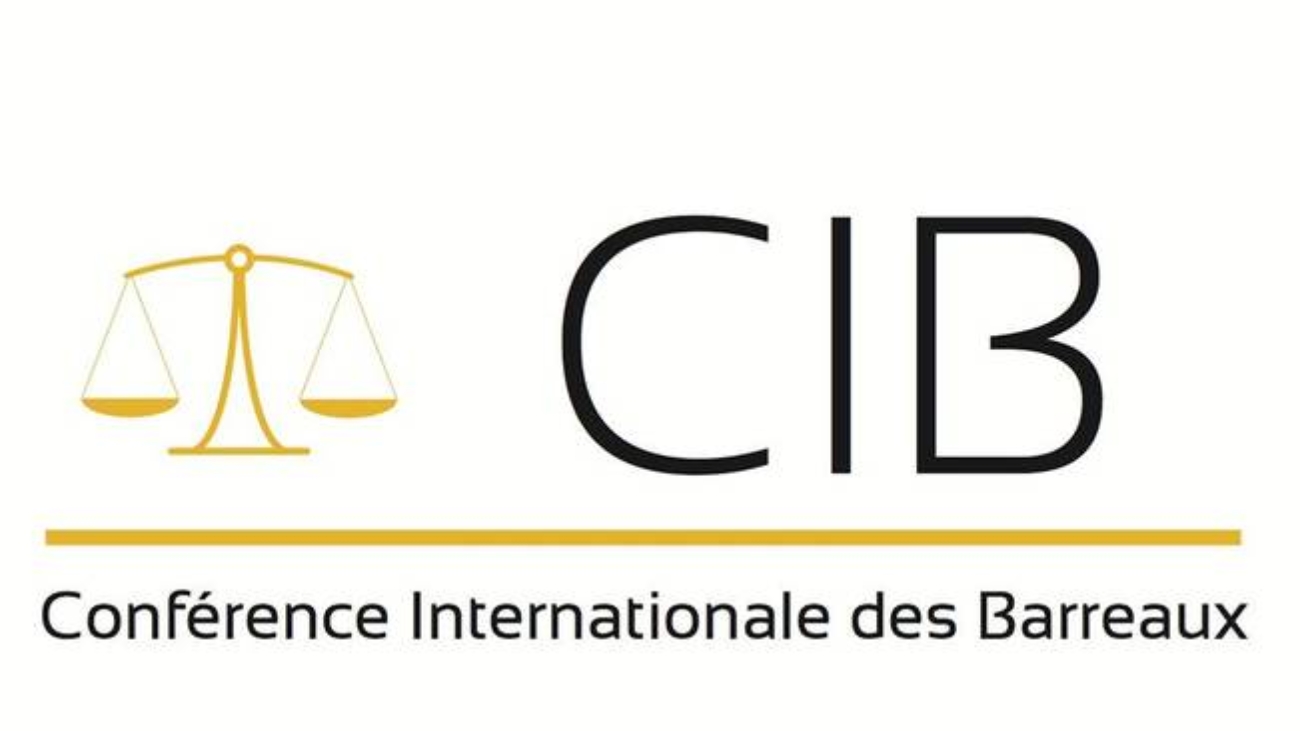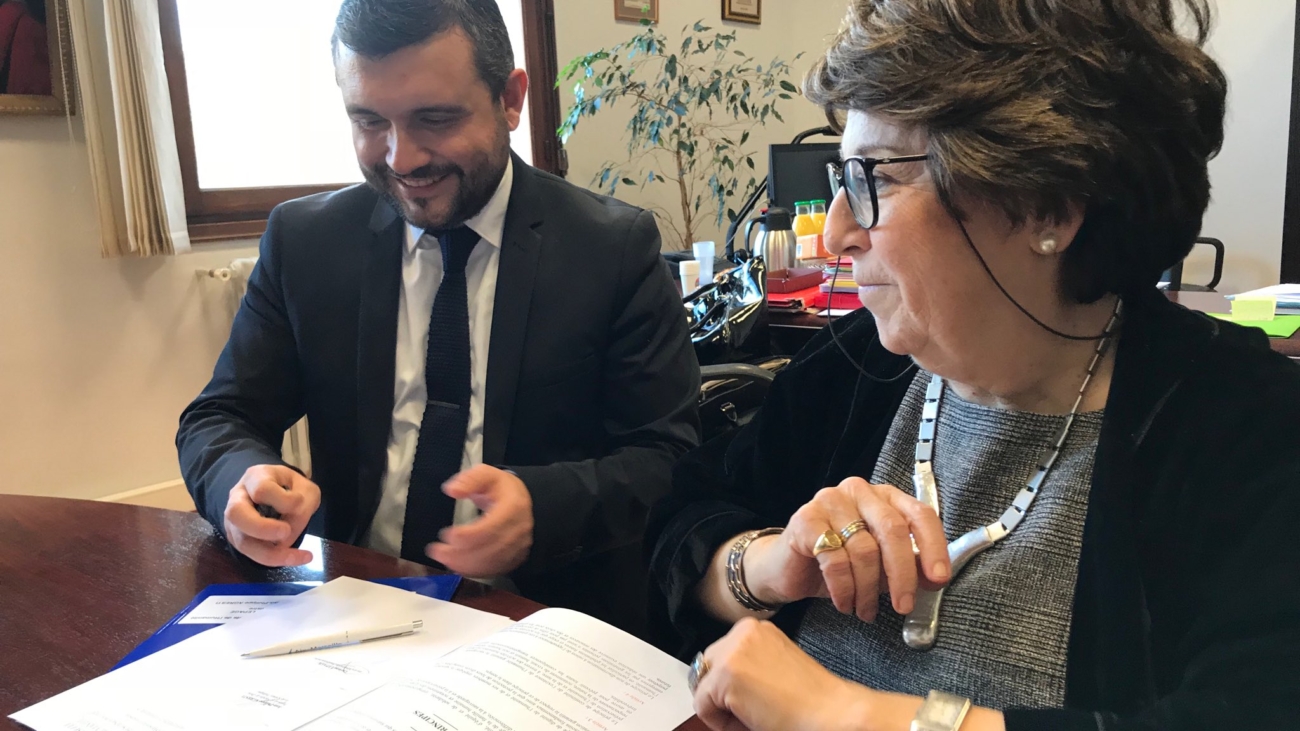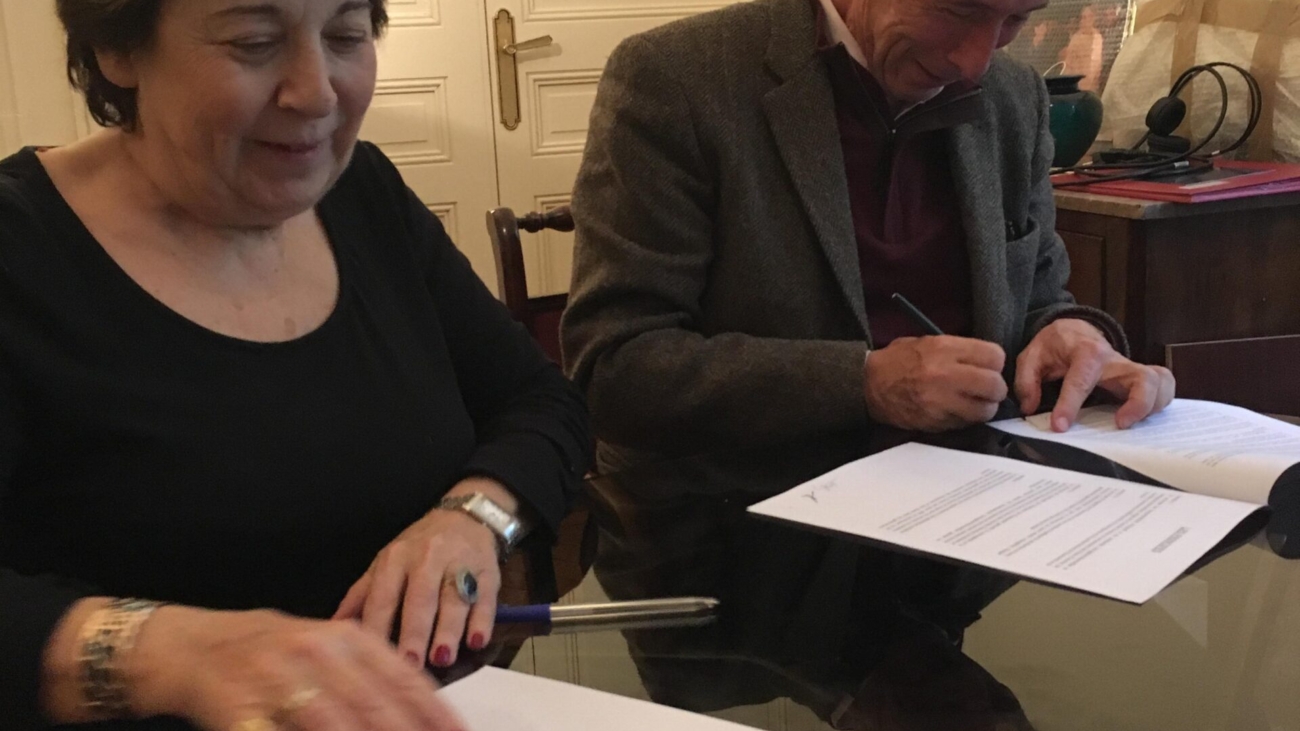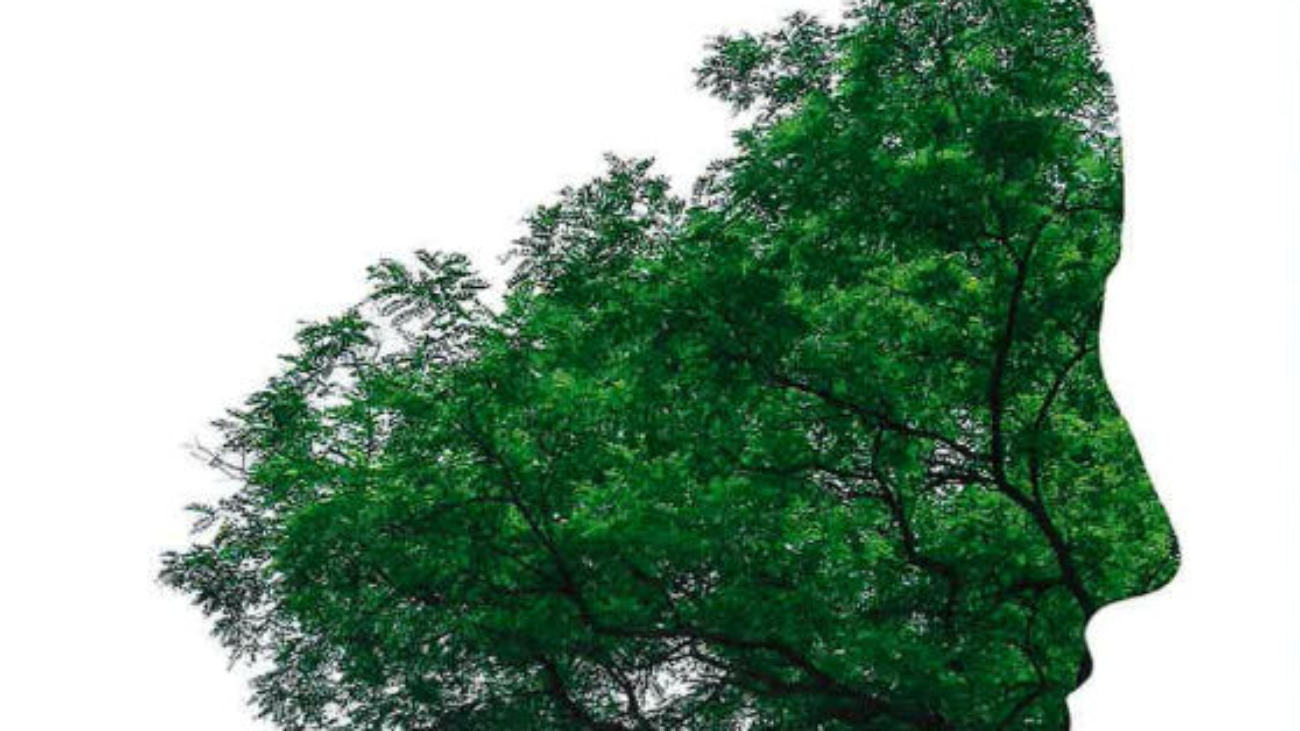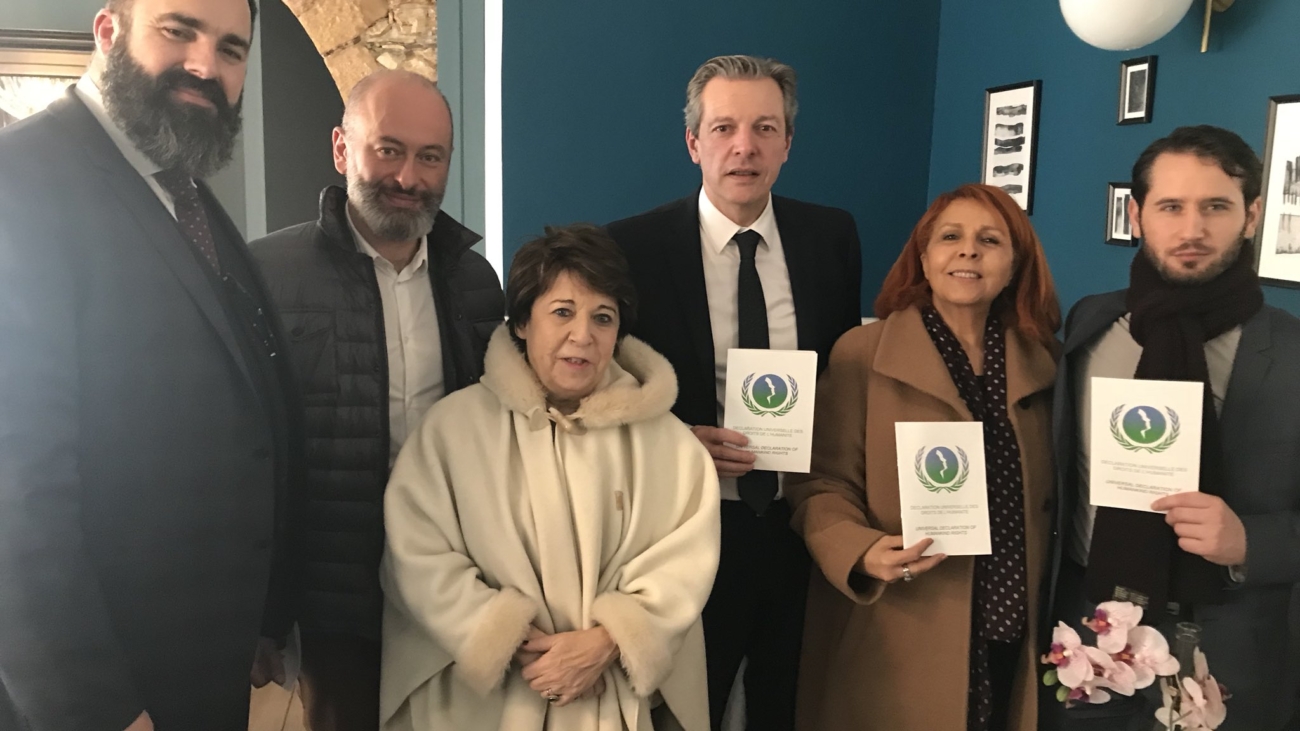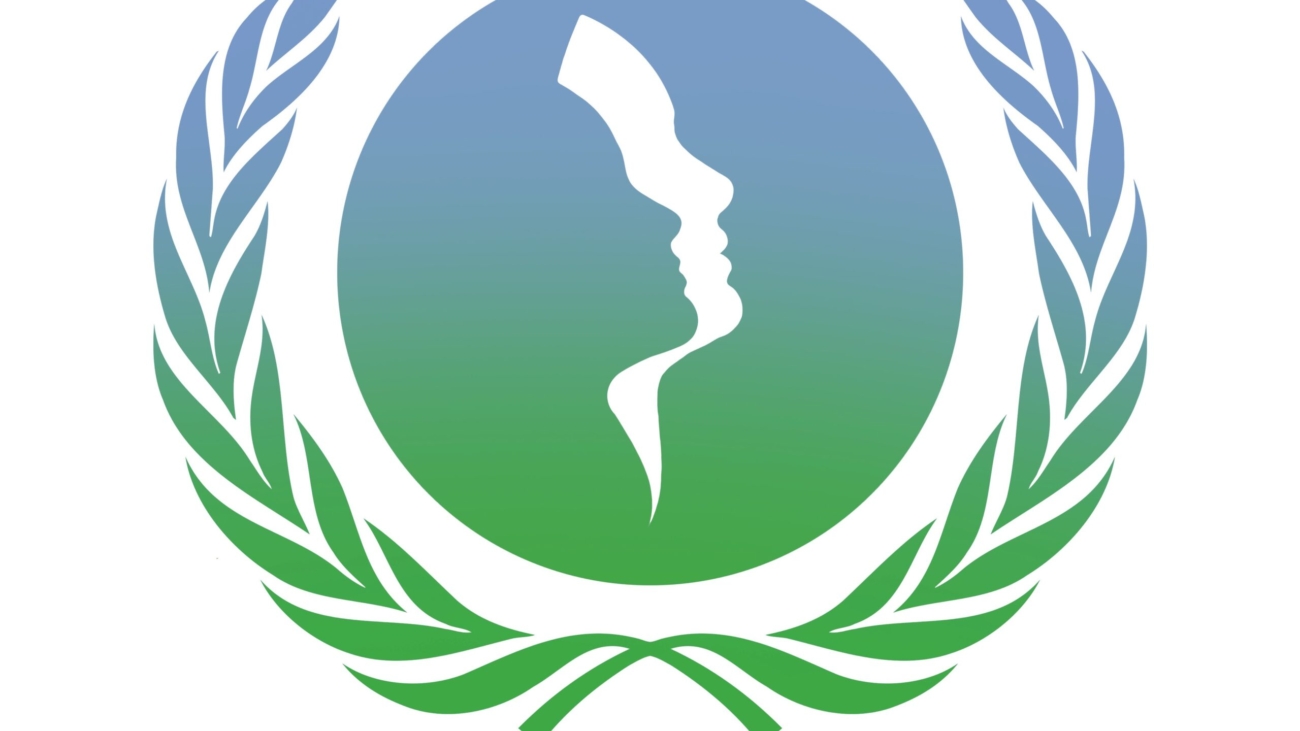On April 12, Green Cross France and Territories, the association of the Friends of the Universal Declaration of Human Rights, the Movement of Entrepreneurs of the New Economy (MENE) have co-organized the preview of the breathtaking film: “We are Humanity” presented by Alexandre Dereims, Claire Beilvert, director and producer of the film.
The following description is taken from a Green Cross France et Territoires publication written by Estelle Tschannen.
Alexandre Dereims filmed the last virgin world of the Andaman Islands, and a people on the verge of extinction. “We are Humanity” is their testimony, and gives us an incredible lesson in humanity.
Imagine that you were born in a tropical paradise, on an unspoiled island where nature is generous and beautiful. Imagine that you were born in a world of peace and happiness where everyone helps and respects each other. Imagine that you have always lived totally isolated from the outside world…
This is the life of the Jarawas, the oldest people in the world, the first humans who left Africa for Asia, 70,000 years ago… But today, they are threatened! The Indian government has programmed their forced assimilation. There are only 400 Jarawas left.
Alexandre Dereims, the director, winner of the Albert Londres prize, and Claire Beilvert, the producer, met with them to alert them to their fate and convey their message. Their superb documentary film “We are Humanity” is the only testimony of the oldest of human societies. The film will be released in France on May 2nd. The film can be seen by children from 7 years old. Come with your family.
Trailer of the movie: http: //bit.ly/2qsC0tv
More than 3 years ago the film team launched an awareness campaign and a petition to pressure the Indian government to protect the Jarawas. It has already gathered nearly 245,000 signatures worldwide. You can sign it online: http: //bit.ly/2HwOTtT
For more information:
– Video interview with the director in BRUT: http://bit.ly/2vcCdpm
– Film site: https: //www.jarawas.com
– Jarawa: a people on the brink of extinction, the object of human safaris, August 29, 2017, http://bit.ly/2HzqpQQ

